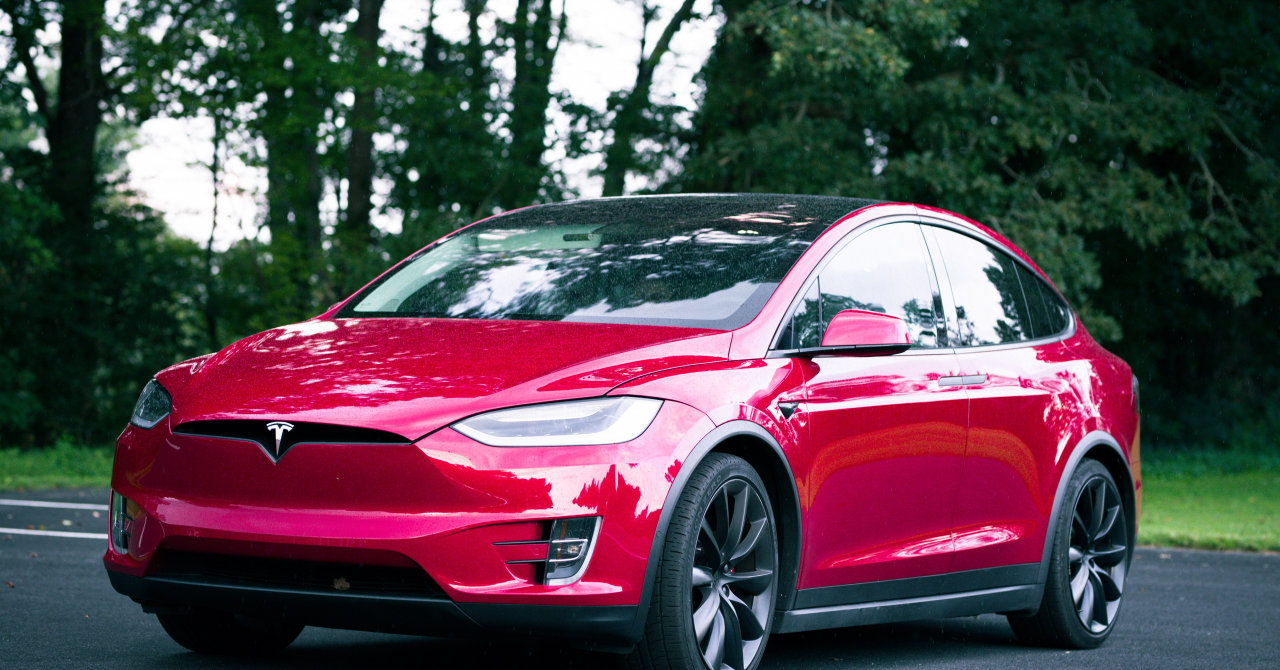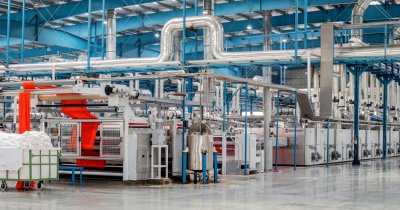According to Bloomberg, one of the restrictions that carmakers have to deal with include gradually limiting tax credits, which will only be available for cars made with batteries that have raw materials which are sourced from countries which are part of free-trade agreements with the US.
At the same time, carmakers manufacturing EVs in North America are also due for a limited amount of tax credits.
The Alliance for Automotive Innovation states that, in the beginning, few vehicles will qualify to receive tax reductions.
Out of all 72 EV models sold in the US, only around 30% qualify to get tax credits as they are manufactured within North America.
In 2023, when the law requiring the use of certain raw-materials will take effect, no current vehicle will qualify for tax credits.
This will be important, as the current 7.500 USD tax credit that car buyers get is an attractive way to encourage more people to jump on the EV wagon.
Also, the new law aims to eliminate the number of units that are eligible for the credits, as until now, only the first 200.000 cars from approved manufacturers, including General Motors, Tesla and Toyota, were good to receive the tax credits.
All of these manufacturers sold over 200.000 EVs, meaning that buyers are no longer eligible for crediting, but starting next year, vehicles from these carmakers will be eligible again, so long as they respect the "made in North America" and the mineral sourcing requirements.
Also, as long as used EVs are priced at under 25.000 USD and the income of a single tax-payer peaks at under 75.000 USD or 150.000 for two people, they can also get a 4.000 USD tax credit.
Businesses will be able to make use of the 7.500 credits as well, as long as their commercial vehicles are powered by electric only and respect some weight-related indications.
At the same time, hydrogen-powered cars will qualify for the same tax credit, as until now, this class of cars was good for a separate fuel-cell vehicle credit.
 Mihai - Cristian Ioniță
Mihai - Cristian Ioniță












Any thoughts?